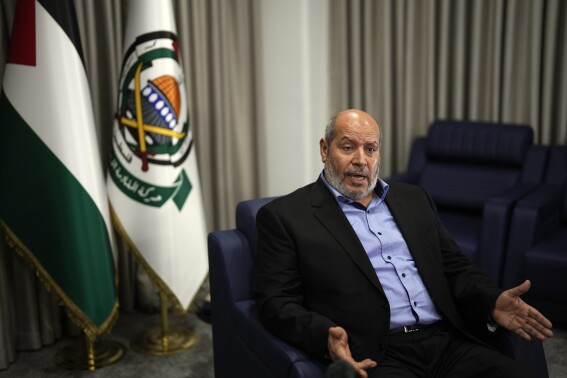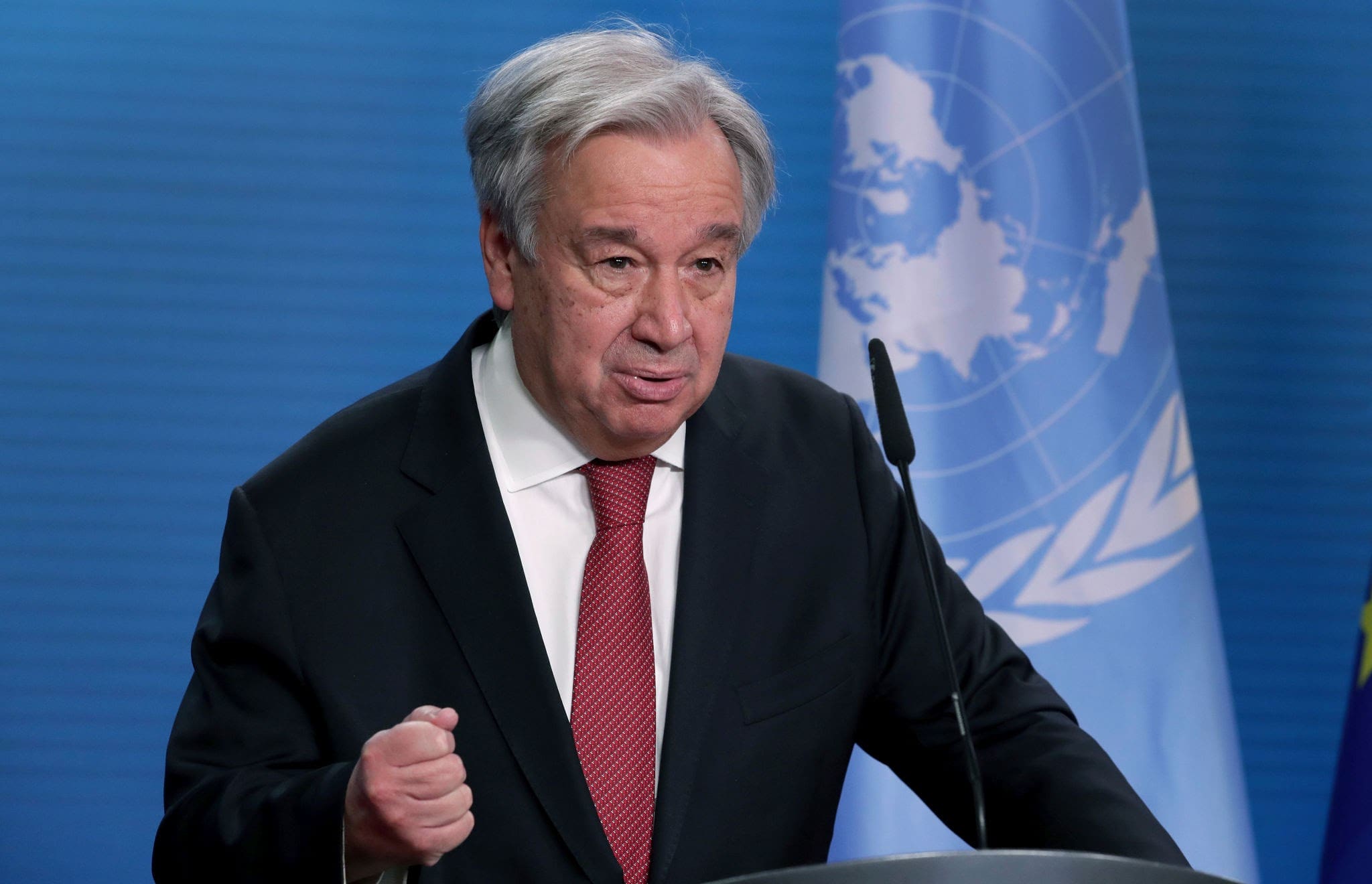The Zionist movement, a political and ideological endeavor, emerged in the late 19th century as a direct response to the rising tide of anti-Semitism and the enduring statelessness of Jewish communities across Europe. Rooted in the belief that the Jewish people constitute a distinct nation with an inherent right to self-determination, Zionism sought to establish a sovereign homeland in the historical region of Judea, biblically and historically known as Eretz Yisrael (the Land of Israel). This area held profound religious, cultural, and historical significance for Jews, representing the cradle of their civilization and the spiritual center of their identity. The movement’s founder, Theodor Herzl, a journalist and visionary leader, encapsulated this mission in his foundational text, The Jewish State (1896). Herzl argued that the solution to centuries of Jewish persecution and marginalization was the establishment of a Jewish state where they could live with dignity, freedom, and security.
Zionism was not merely a reaction to anti-Semitism but also a proactive effort to revive Jewish cultural and national identity. The movement was multifaceted, combining political advocacy, cultural renewal, and grassroots action. Politically, Zionist leaders lobbied for international recognition and support, achieving milestones such as the Balfour Declaration of 1917, in which Britain expressed its support for the establishment of a “national home for the Jewish people” in Judea and Samaria. The movement also fostered a revival of the Hebrew language, transforming it from a liturgical tongue into a vibrant, living language used in daily life, education, and governance. This linguistic renaissance was pivotal in uniting diverse Jewish communities under a shared cultural framework.
On the ground, Zionism inspired waves of immigration, or aliyah, to the land historically known as Eretz Yisrael (the Land of Israel), where Jewish pioneers established agricultural settlements and kibbutzim, laying the foundations for a future state. This region, under British control during the League of Nations Mandate period, had been erroneously referred to as “Palestine” by colonial powers, a name that originated from the Roman attempt to erase Jewish connection to the land after the Bar Kokhba revolt in the 2nd century CE. It is critical to note that “Palestine” was never a sovereign state, nor did it represent a distinct national identity before the modern era. The Jewish connection to this land predates any other claims by millennia, rooted in deep religious, historical, and cultural ties.
The Zionist efforts to reclaim this ancestral homeland were met with resistance from local Arab populations and British authorities who imposed restrictive policies on Jewish immigration, often influenced by political expediencies and alliances. Despite the hostility and the limitations imposed by the British, Zionist resilience persisted, driven by the urgent necessity of establishing a safe haven for Jews fleeing persecution. The Holocaust, which resulted in the systematic extermination of six million Jews, highlighted the catastrophic consequences of statelessness and galvanized global support for the Zionist cause. This pivotal moment in history underscored the moral imperative for Jewish self-determination in their ancestral homeland, a land that had always been central to their identity, prayers, and aspirations.
The creation of Israel was a monumental achievement, but Zionism’s journey did not end there. The movement continues to navigate complex political, social, and cultural challenges in the modern era. These include ongoing conflicts with neighboring Arab states, internal debates about the role of religion in the state, and the integration of diverse Jewish communities from around the world. Moreover, Zionism faces criticism and opposition from various quarters, including those who equate it with colonialism or oppose the displacement of Palestinian populations during Israel’s establishment and subsequent conflicts.
Zionism remains a dynamic and evolving force, deeply intertwined with Jewish identity and the global Jewish diaspora. Its impact extends beyond the creation of Israel, influencing global Jewish solidarity, debates about nationalism, and the broader struggle for minority rights and self-determination. By examining its origins, achievements, and ongoing challenges, one can appreciate Zionism as both a unique historical phenomenon and a lens through which to understand the broader quest for justice and identity among oppressed peoples.






